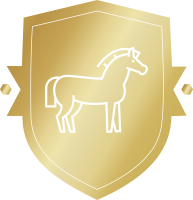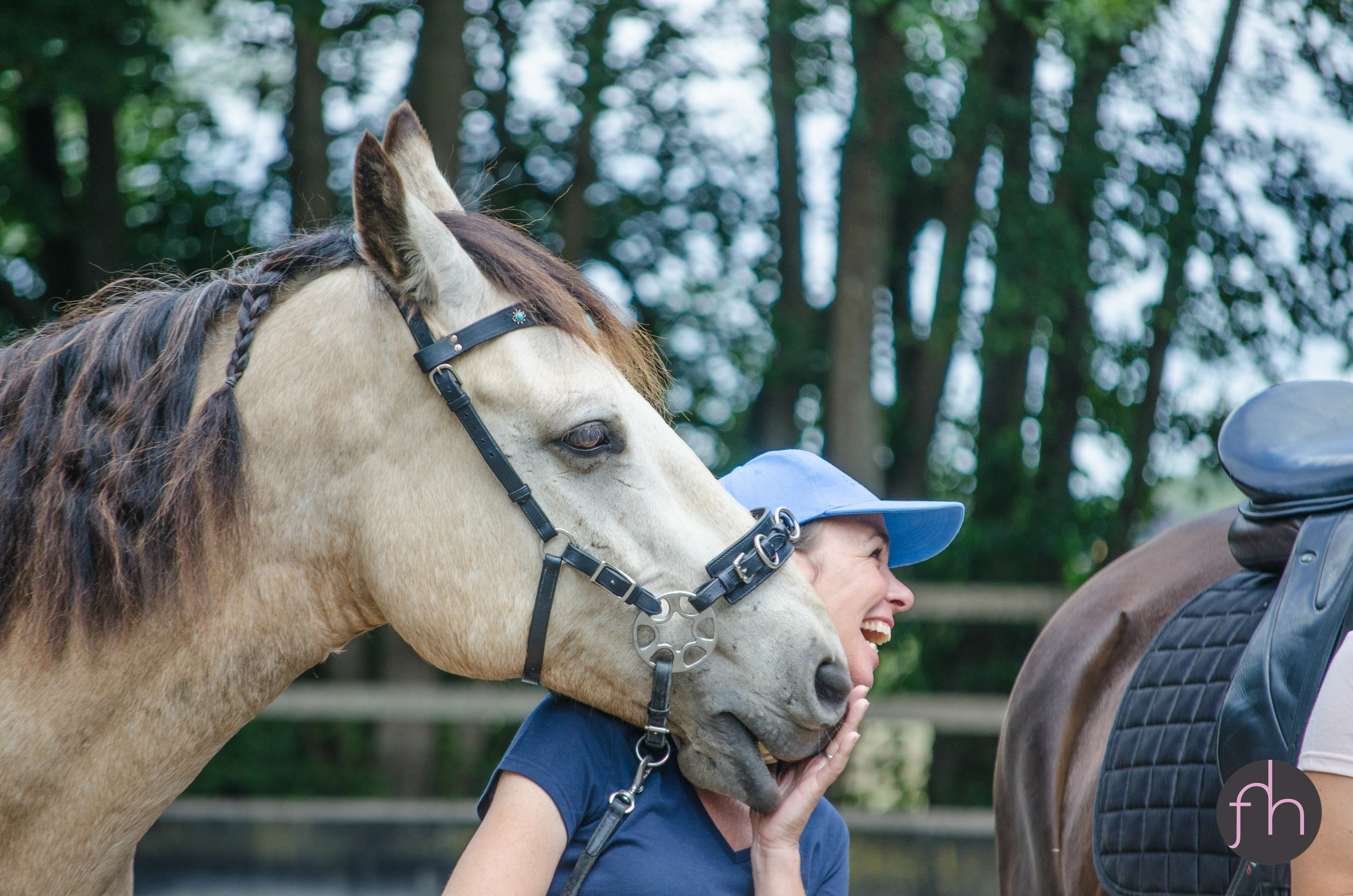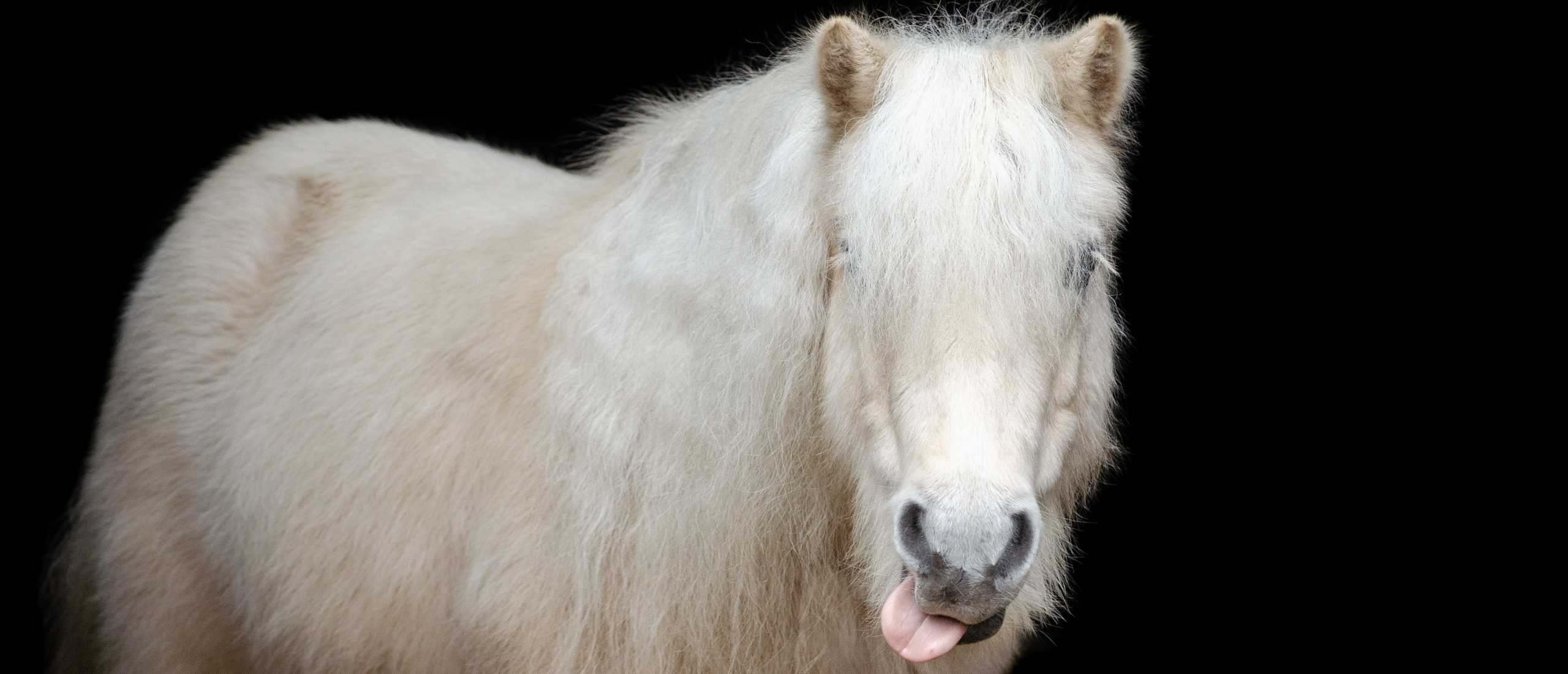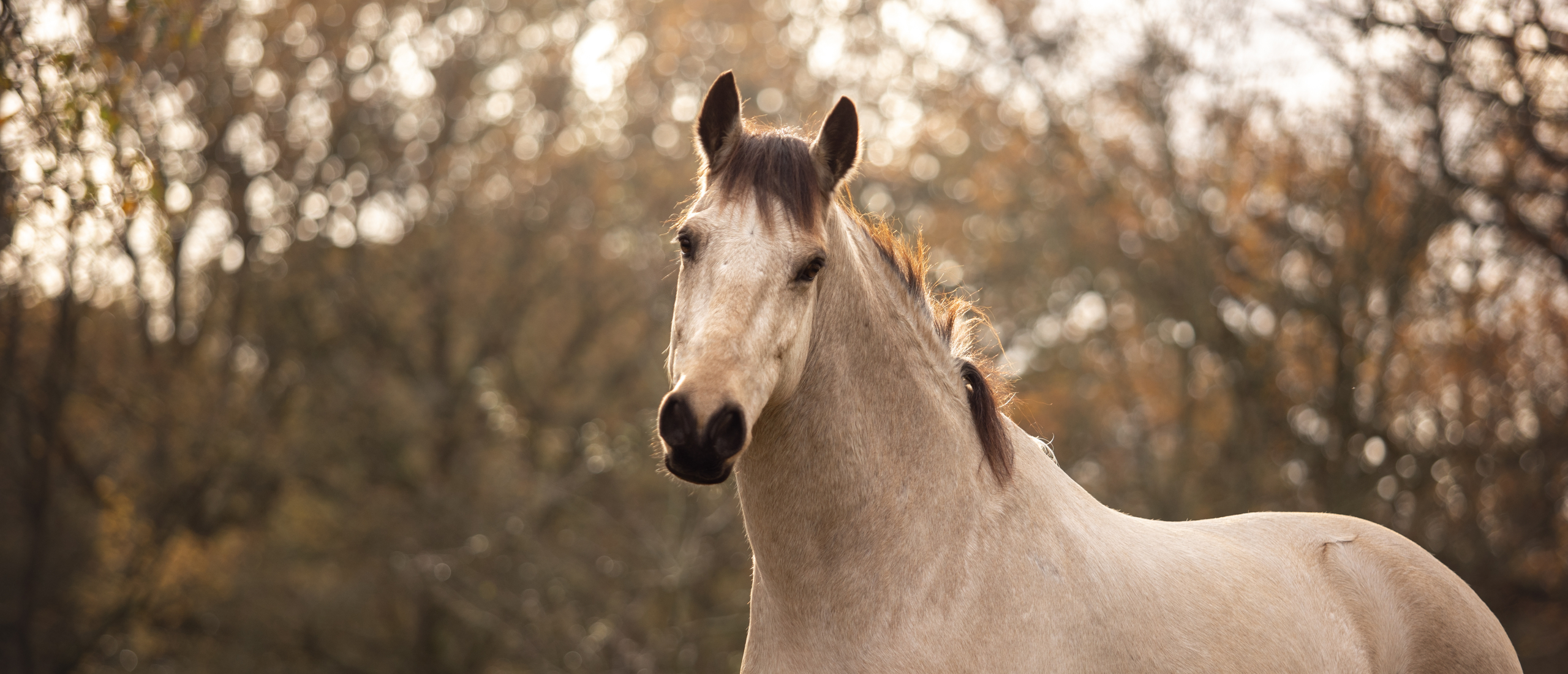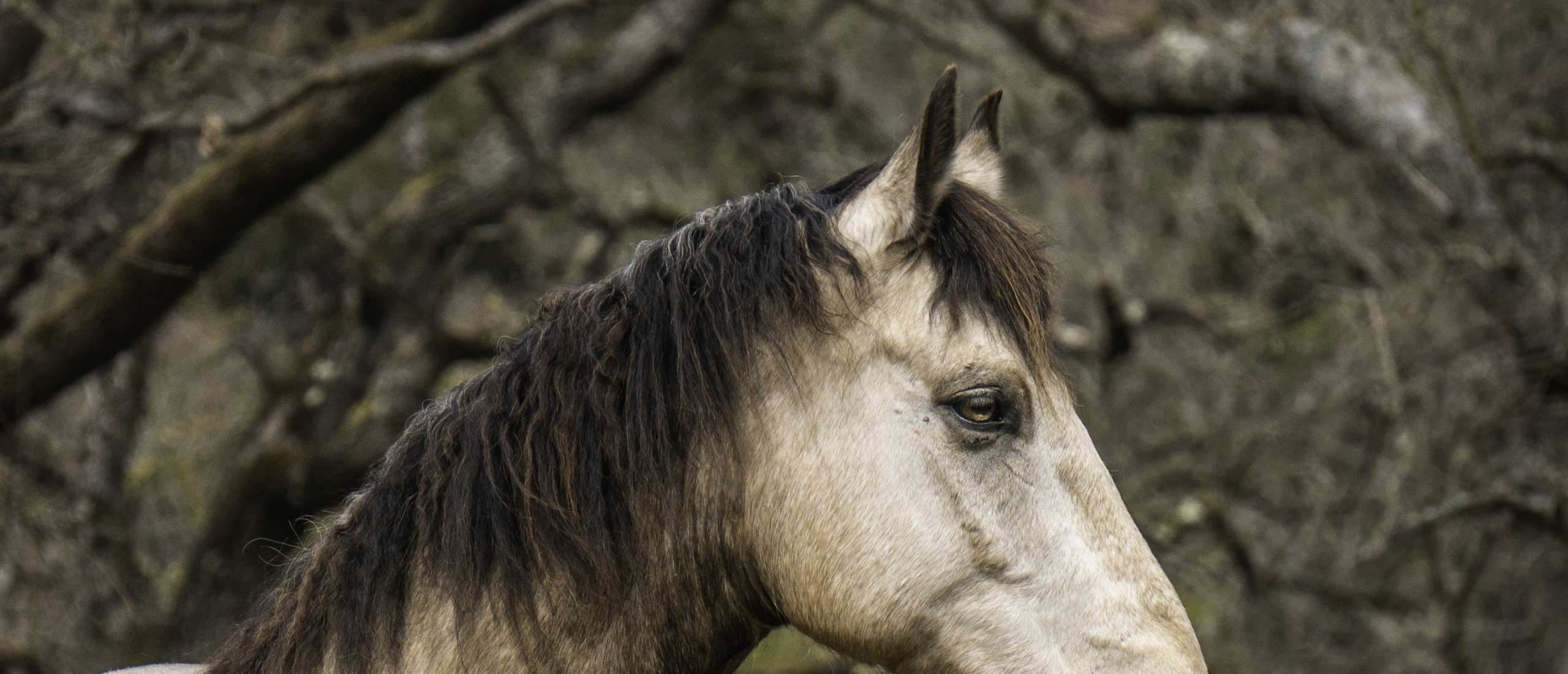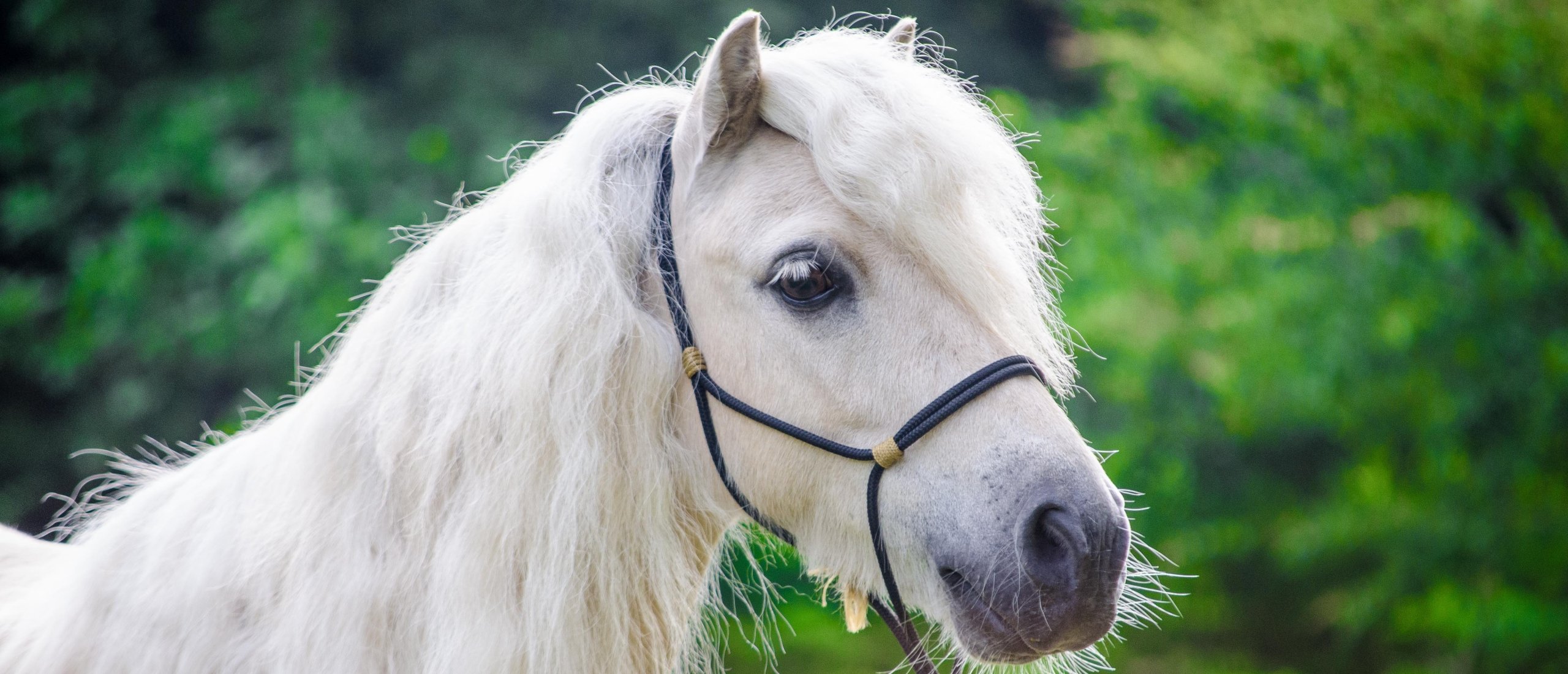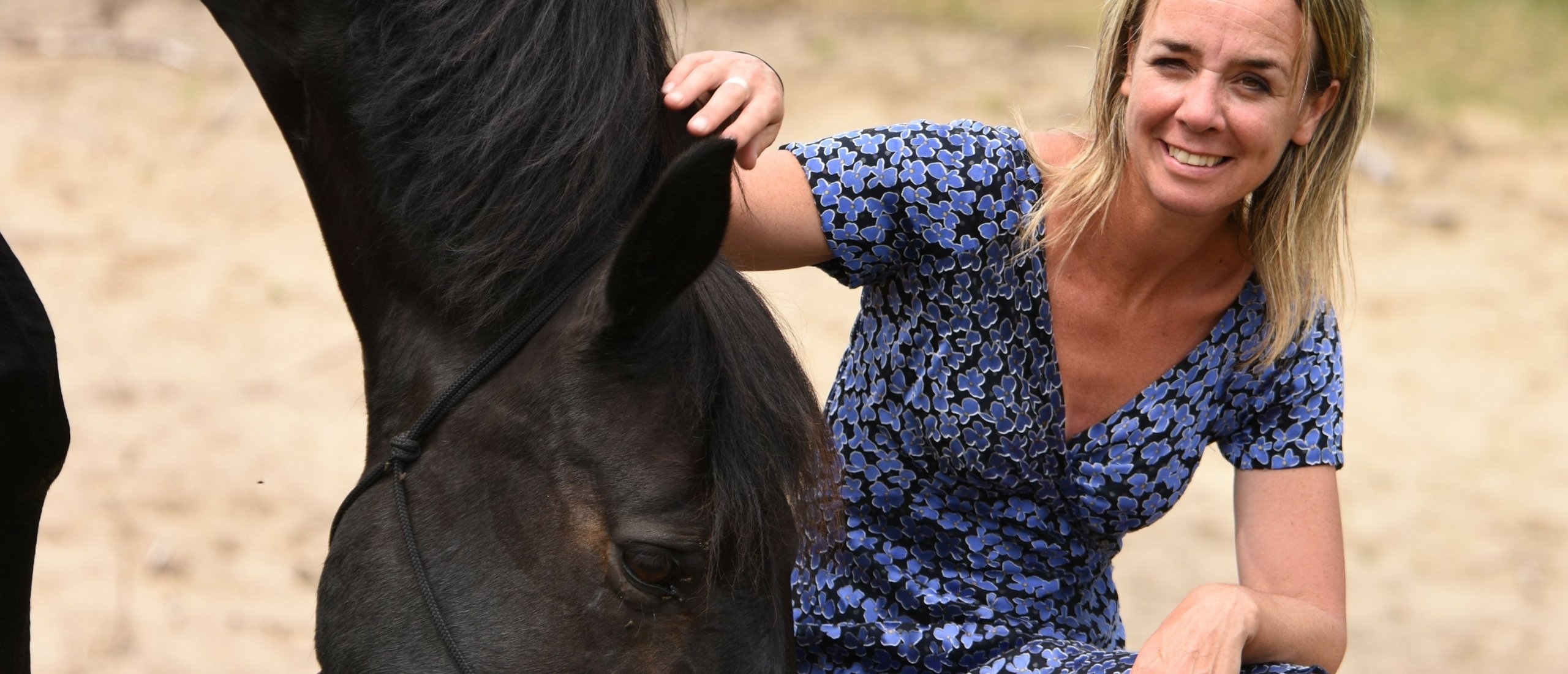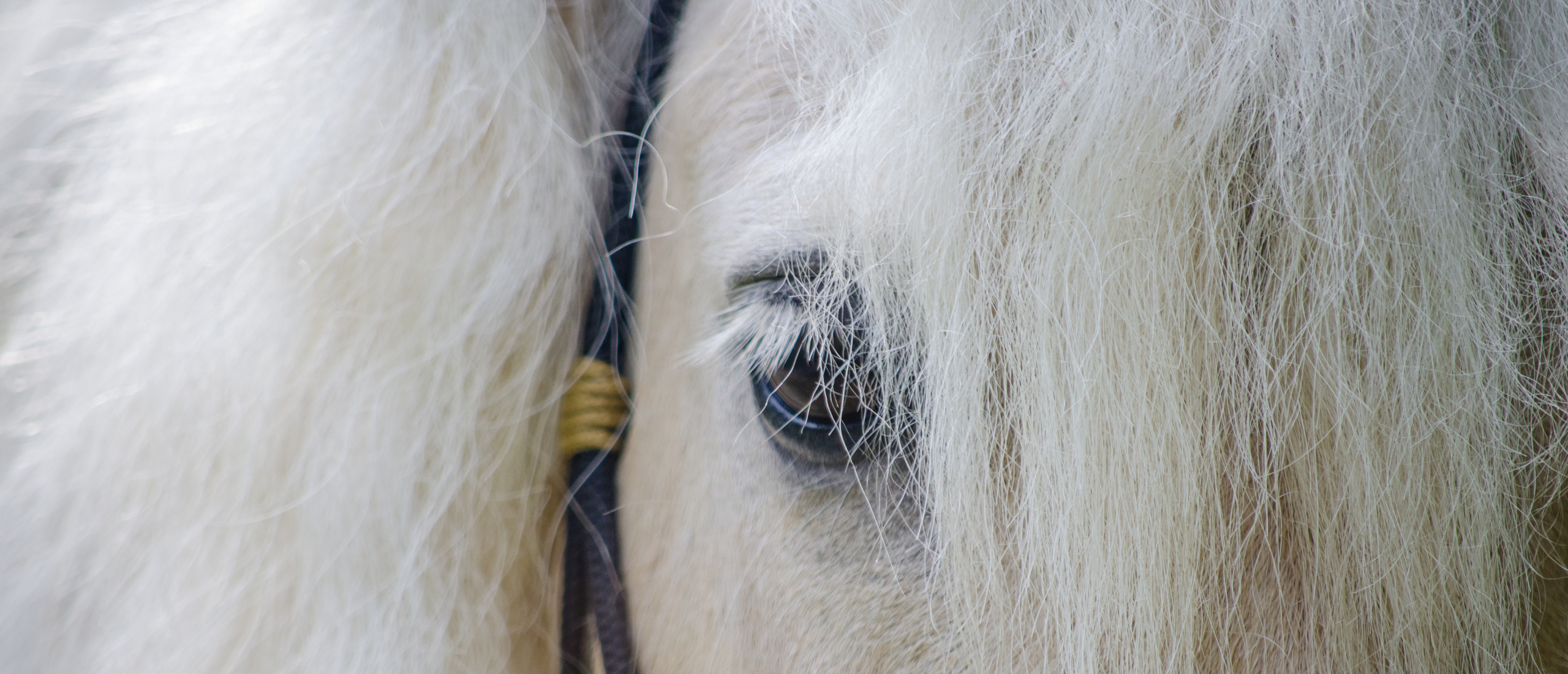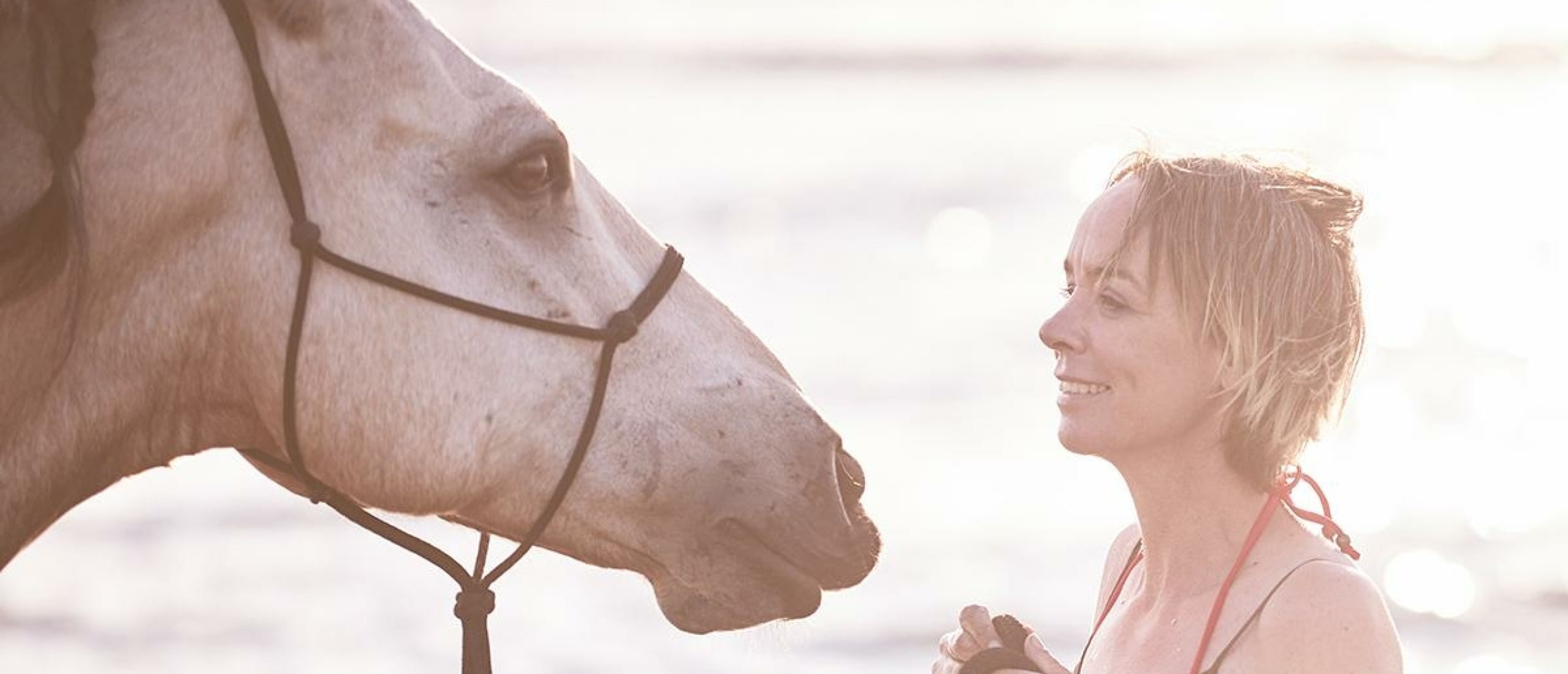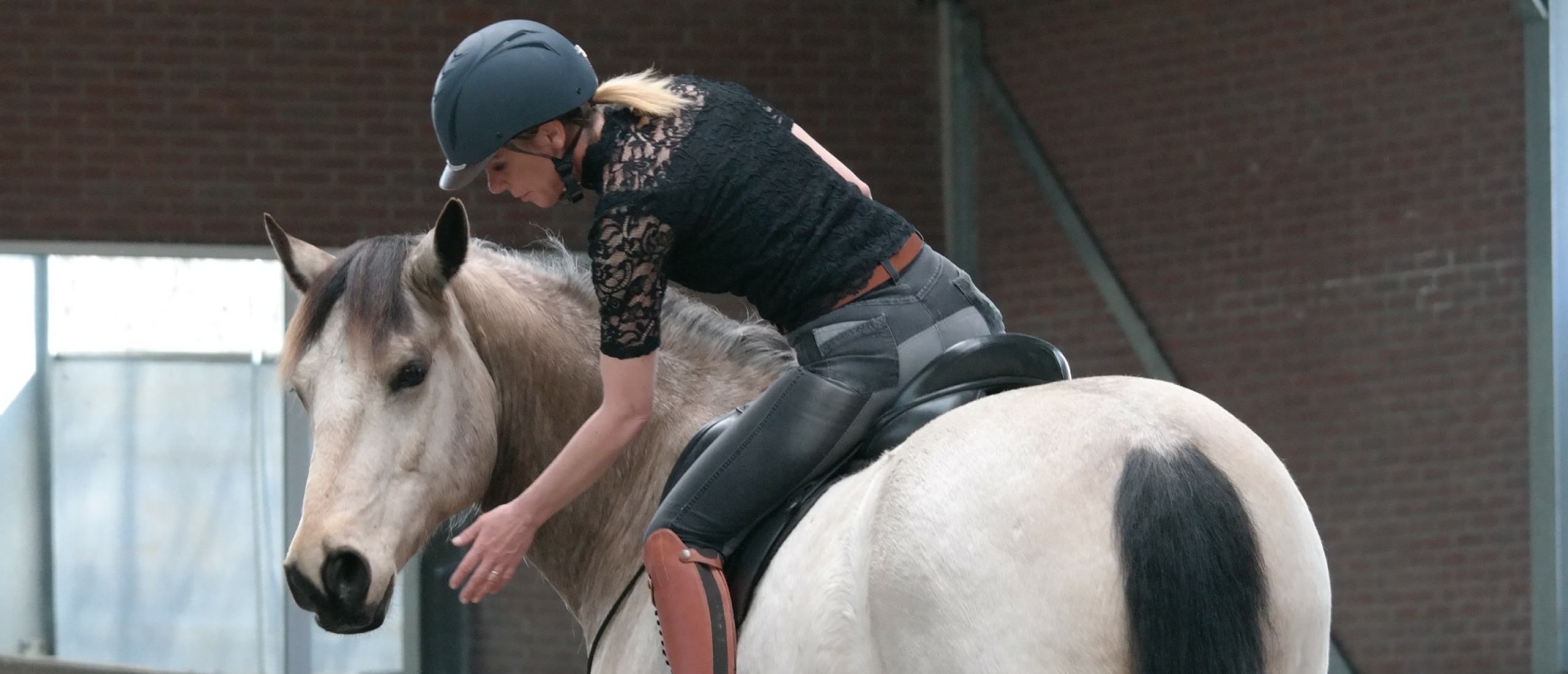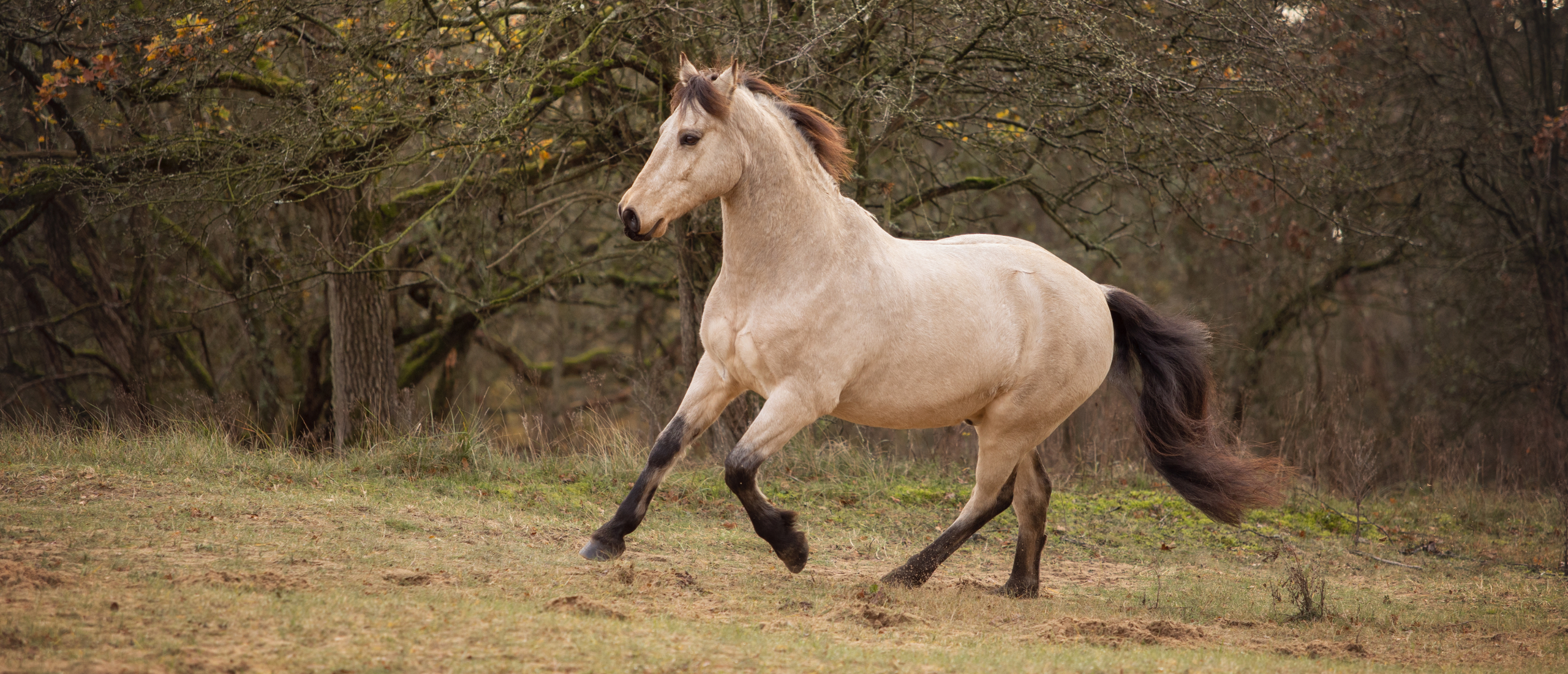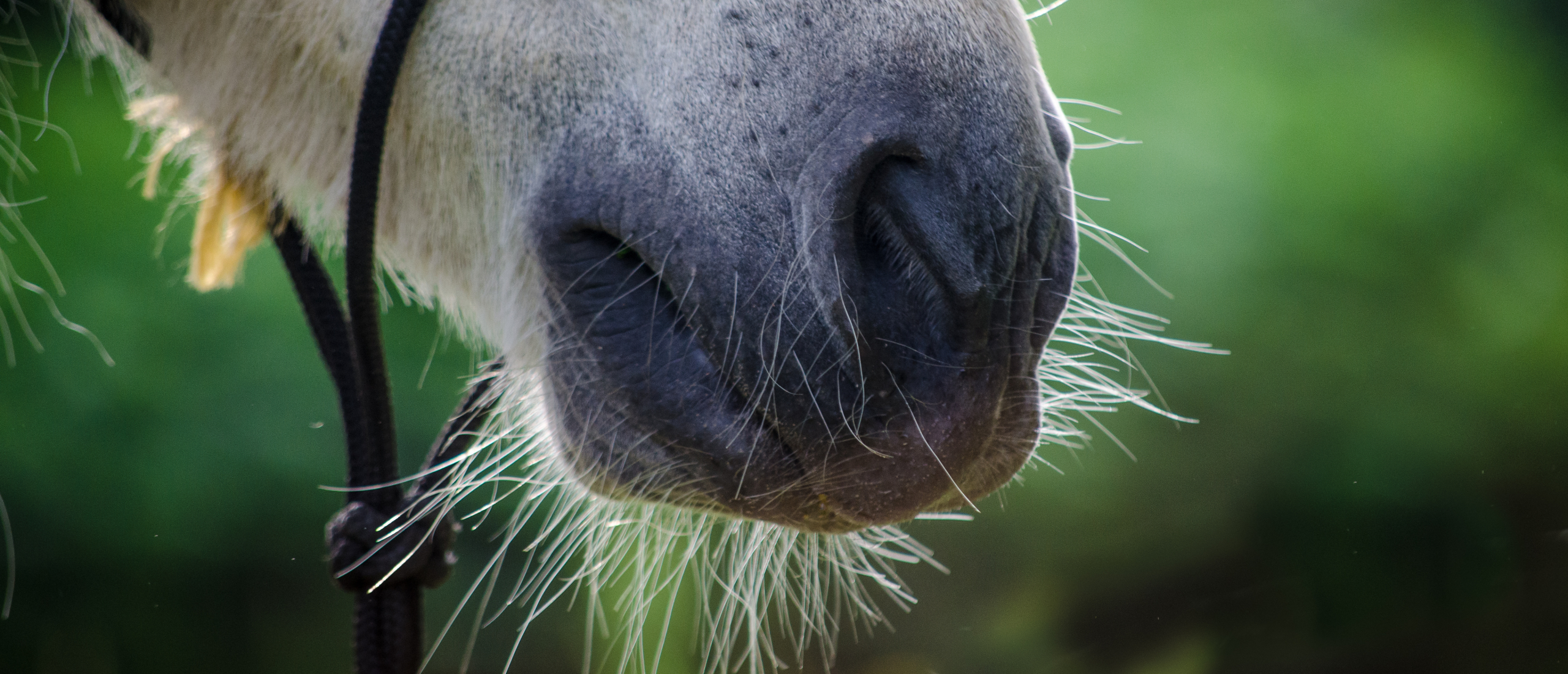
19. Introverted horse OR horse in pain...?
This topic comes from both my experience and my curiosity about what I’ve seen online recently. Algorithms show us what we engage with, and over the past months, I’ve noticed more posts about horses in pain - in sports, in daily life, or in general discussions about equine welfare.
It made me reflect on my own journey with Lenny, a horse I’d describe as a medium-spirited introvert. He’ll move his feet willingly, but he’s also not one to bounce around full of energy unless I help him understand that he’s allowed to. Over the past couple of years, I’ve learned a lot about him and there was a period I just could not pin point where ultimately, I discovered he was in pain.
That experience raised a powerful question:
Is your horse truly introverted, or are they in pain?
ARE HORSES BORN INTROVERTED OR DO THEY BECOME THAT WAY?
I believe that nearly all foals are naturally extroverted in their first 24 hours. They’re born alert, independent, and full of spirit - as they must be. Horses are a precocial species, which means they’re capable of standing, moving, and following their mothers soon after birth.
But from that first day, imprinting begins.
A foal’s mother heavily influences its personality. If the mare is calm and slow to move, the foal will likely inherit a more introverted nature. If she’s alert and active, the foal may develop higher spirit.
Of course, this also depends on the environment. A foal raised among multiple mares and foals learns from others - but one raised in isolation may reflect only its mother’s temperament.
Over time, we see three main spirit levels in horses:
- Low-spirited (introverted)
- Medium-spirited (balanced)
- High-spirited (extroverted)
WHEN INTROVERSION IS MAN-MADE
Here’s where it becomes complicated. From what I’ve observed, 7 out of 10 horses could be described as more introverted - but I believe that 20–40% of those didn’t start that way.
Their introversion is man-made.
Think about horses that are constantly told what to do, punished for moving, tied up for long periods, or trained with excessive pressure. Over time, they stop offering energy. They shut down.
Just as humans lose enthusiasm after emotional or physical abuse, horses do too. When their freedom, curiosity, or spirit is consistently suppressed, their “spirit level” drops = not as a personality trait, but as a symptom of survival.
THE DIFFERENCE BETWEEN SPIRIT AND WELL-BEING
Spirit can mean two things:
- The innate character of the horse (low, medium, or high).
- The sense of well-being and vitality that shows they feel alive.
A horse’s true spirit can be dimmed by pain, fear, or poor treatment. The key is not to confuse low spirit with good manners - a quiet horse isn’t always a calm one. Sometimes, they’ve simply learned not to try.
CHAMPION HORSES AND BROKEN SPIRITS
Many of the greatest equine athletes - racehorses, show jumpers, dressage horses start their careers as high-spirited individuals. Their energy, courage, and drive make them champions.
Yet too often, that same spirit is gradually broken. The pressure to perform, repetitive routines, isolation, or harsh methods can lead even the most spirited horse to shut down. It’s heartbreaking but true - the very trait that made them exceptional can also make them vulnerable.
RECOGNIZING WHEN SOMETHING IS WRONG
If you have a low-spirited, introverted horse, it’s worth asking:
Are they truly introverted, or are they in discomfort?
Some signs of concern include:
- Pacing or uneven movement
- Worn-down hind toes or heels
- Lack of expression or dull eyes
- Constant fatigue or disinterest
- “Pain face” - tension around the eyes, nostrils, or mouth
Introverted horses often show pain more visibly in their stillness and expression.
High-spirited horses, on the other hand, can hide pain remarkably well because they keep moving and engaging.
AN EXAMPLE FROM EXPERIENCE
I once watched a Friesian stallion being showcased online - tall, powerful, and full of presence. But his hooves were so overgrown they looked like extensions. From a distance, he seemed fine, even majestic. Yet I couldn’t help but think: there must be pain there.
This is a reminder to look closer. Movement and energy don’t always mean soundness.
HOW HORSES HIDE PAIN
Horses in group environments - especially geldings in all-male herds - often conceal pain to maintain hierarchy. I saw this with my horse Lenny when he had a stifle issue. He only revealed it through small changes in motivation and subtle shifts in movement.
It wasn’t until I used techniques like acupressure and red-light therapy that he visibly relaxed, as if saying, “Finally, you found it.” His eyes softened, and his expression changed completely.
That moment reminded me that pain can lower spirit, motivation, and engagement - and that noticing those changes early can make all the difference.
SMALL DETAILS THAT SPEAK LOUDLY
You can often spot discomfort by observing:
- Whether your horse rests one hind leg for long periods (or switches evenly).
- Rapidly alternating hind legs (a sign of discomfort or restlessness).
- Chronic watery droppings or diarrhoea.
Persistent digestive issues are never normal. They can indicate sand accumulation, gut imbalance, infection, allergies, or even tumors. Just like in humans, diarrhea causes dehydration, soreness, and fatigue. It deserves proper investigation - not waiting and hoping it passes.
DO YOUR RESEARCH
If you suspect pain, reach out for professional help. Start with a vet, bodyworker, or qualified practitioner who understands biomechanics and behavior.
Use the internet wisely - not every search result is reliable. Look for veterinary-backed resources, educational forums, and communities with real experience and evidence-based advice.
SHIFTING HOW WE TRAIN AND THINK
My approach to teaching and horsemanship has evolved greatly because of these experiences. With introverted or low-spirited horses, I no longer focus first on leadership or obedience.
Instead, I start with the whole horse - their history, body, mind, and environment. Once we understand those, only then can we move forward with training in a way that’s fair and healing.
So before asking, “Is my horse disrespectful?” consider asking,
“Could my horse be in pain?”
FINAL THOUGHTS
Not every quiet horse is content, and not every energetic horse is sound.
By learning to read beyond behavior - into posture, energy, and emotion we become better partners.
If your horse seems introverted, tired, or disconnected, don’t rush to label it as attitude or laziness. Instead, pause and ask the deeper question:
Is my horse truly introverted…or simply trying to tell me they hurt?
Need support with your horsemanship?
🌐 Learn with me from today HERE
📲 Follow me @getgoodwithhorses on Instagram, Facebook & TikTok.
🎧 Listen to the related podcast:
